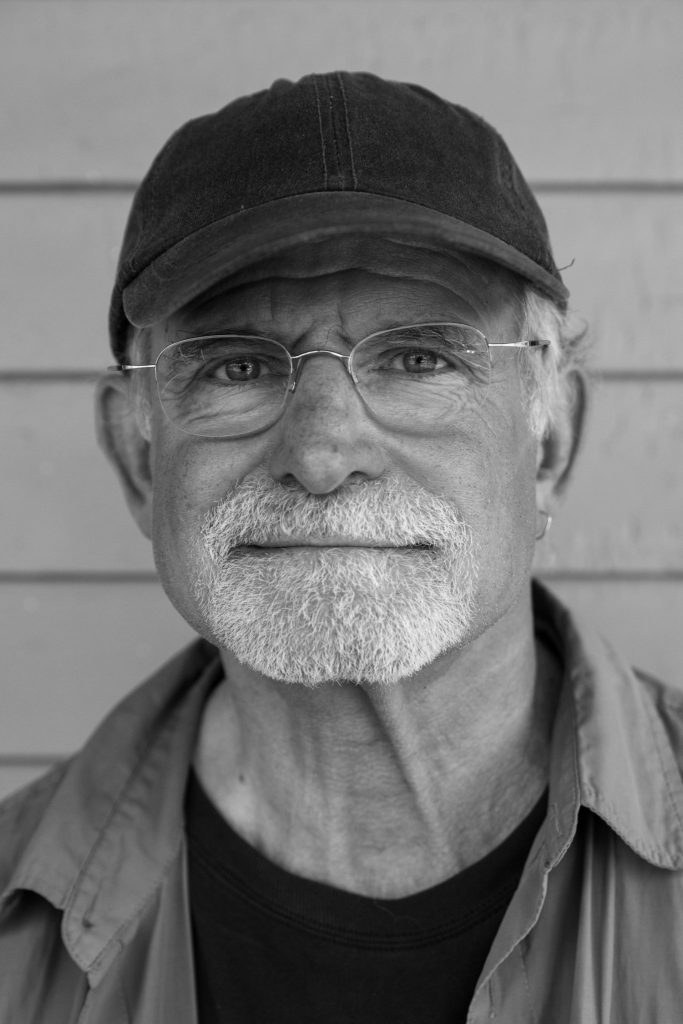
Hello Colleagues,
Eric Mohring here. I have just taken on the role of MGWA Foundation (MGWAF) president. Many thanks to Stu Grubb for his superb leadership in this capacity over the past few years.
My background in a nutshell – I served as MGWA president in 2014, and have served on the MGWAF board since 2015. I was a hydrologist with the Minnesota Board of Water and Soil Resources (BWSR) for 30+ years, fully retiring at the end of 2022. I wore a variety of hats there, always self-identifying as a hydrogeologist, but the groundwater I worked on kept getting shallower and shallower until I was mostly working on wetlands. I was with the Minnesota DNR groundwater unit before that, and before that spent a couple of years as a private sector consultant (i.e. drill rig jockey on hazardous waste sites) as the Superfund program was ramping up in the mid-1980s. Before that I was pursuing an MS in hydrogeology at the U of Minnesota, working on karst hydrology in SE Minnesota.
You may be wondering what is the point of having a separate entity called the MGWA Foundation. As you may suspect, it has to do with taxes. If you’d like to read about the devilish details they are summarized in the table compiled for our Fall 2019 newsletter (p.5 in https://www.mgwa.org/newsletter/mgwa2019-3.pdf) and on the web page (https://www.mgwa.org/mgwa-foundation/). In short, MGWA is classified as a 501(c)(4) – a “Civic League – Community Welfare Organization”. It is organized to benefit society, not necessarily its membership. Donations and dues are NOT deductible as charitable contributions. The MGWA Foundation is a 501(c)(3), which means it is a “Charitable Organization”. Donations to the MGWAF are deductible by donors on their tax returns.
The creation of MGWAF was initially tied to funding the groundwater exhibit in the Science Museum of Minnesota’s “Big Back Yard”. (Overstating the obvious, fundraising works better when donations are tax-deductible.) Officially, MGWAF was created to assist the MGWA in its mission to educate the general public regarding ground water resources. The MGWAF administers the funds set aside by the MGWA Board for education activities as well as raising additional funds and exploring funding opportunities. The MGWAF has its own set of governing bylaws, meets quarterly, and has the primary task of managing the MGWAF endowment and the various grant programs it supports.
MGWAF supports two student education awards, the Gil Gabanski Student Scholarship, and the Pfannkuch-Alexander Field Camp Award. The Student Scholarship program is named for Gil Gabanski, the first MGWAF President, who worked tirelessly to advocate for groundwater education at all levels. Awards are given annually to undergraduate and graduate students studying groundwater-related subjects. The field camp award is named for University of Minnesota professors Hans Olaf Pfannkuch and Calvin Alexander who guided so many students toward careers in hydrogeology. The award is presented to students attending the University of Minnesota’s hydrogeology field camp. MGWAF also provides grants to a variety of Community Organizations for groundwater education-related activities.
MGWAF gets funding from three main sources; MGWA conferences, donations, and investment revenue. Any remaining “profit” from MGWA conferences has traditionally been given to MGWAF to assist in carrying out MGWA’s mission. MGWA members also make MGWAF donations along with their annual membership dues or as memorials.
Both MGWA and MGWAF face serious challenges in the coming months, as well as long-term. Most immediate is trying to figure out how to fill the huge executive function vacuum as WRI (in the form of Jennie Leete and Sean Hunt) retires. If you are not aware of it, Jennie and Sean have been the glue and institutional memory that have held these organizations together for decades. Figuring out how to keep MGWA and MGWAF going without their heroic efforts will be no small task. Other challenges include boosting membership numbers, fundraising for the foundation, as well as doing some serious head-scratching (strategic planning) about how to carry on with these organizations in a very different time than the one that existed when MGWA was started decades ago. A joint MGWA-MGWAF board meeting will happen in early April with the goal of jump-starting our mutual effort to wrestle with these challenges.
Stay tuned.
MGWA is committed to developing a just, equitable, and inclusive groundwater community. Click on the button below to read MGWA’s full diversity statement.